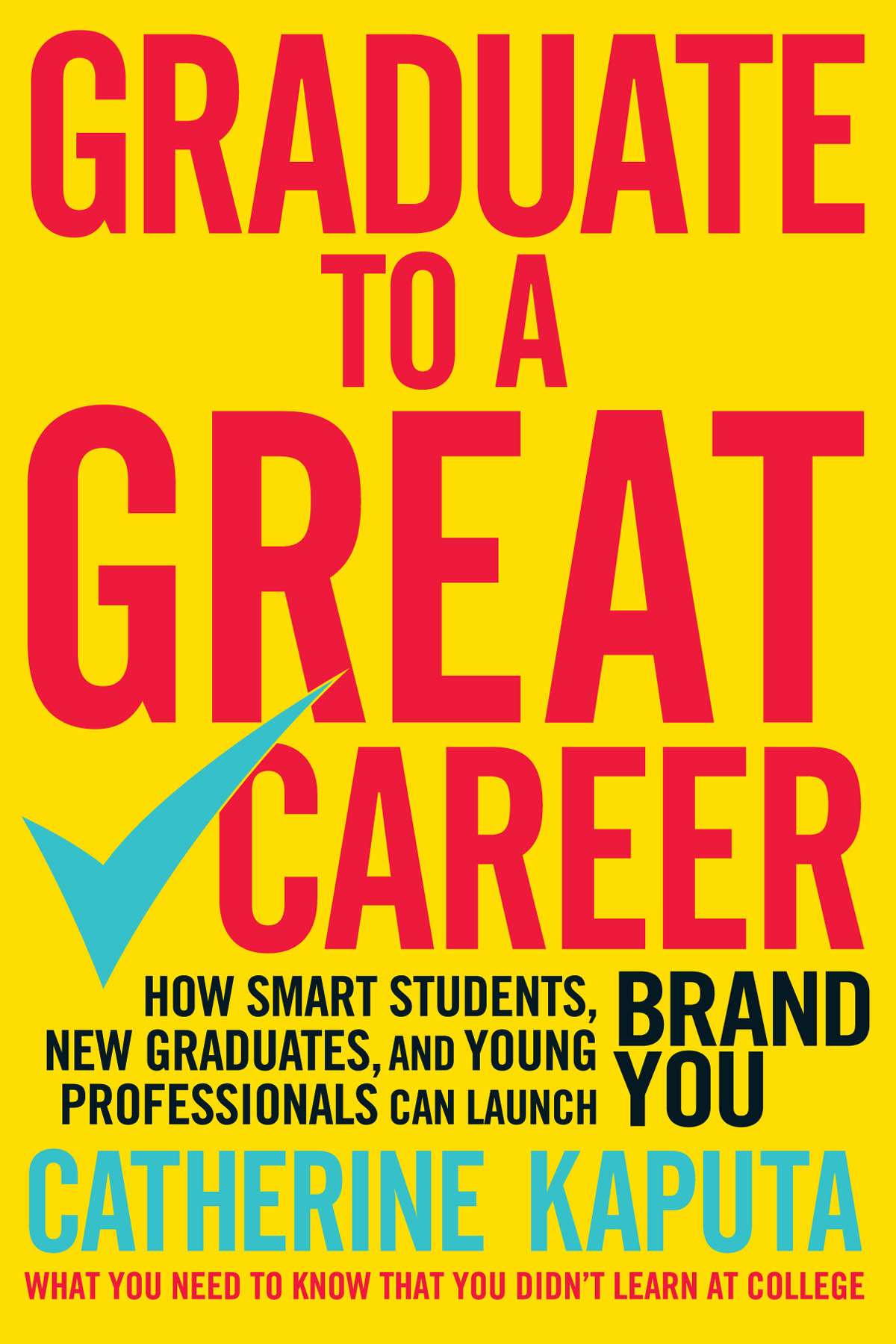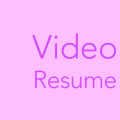Believe it or not, the first 10 seconds in an interview can make or break you. In that short period of time, you’ve probably just finished shaking hands and greeting each other, yet the interviewer most likely has sized you up and even decided whether to hire you or not according to research done by the University of Toledo.
Imagine, all that preparation you did for the interview, and you could ruin everything in the first ten seconds!
Do you need help sharpening your interview skills? We recommend TopInterview!
But look at it this way. Knowledge is power. You can prepare a strong entrance when you realize that the first ten seconds and ten words are such an important part of an interview. In speaking to hiring managers, HR professionals and recruiters for my new book, Graduate to a Great Career, I learned valuable tips from hiring pros on how to make a strong first impression in interviews:
Join The Break Community
- Carefully plan a confident, friendly entrance: Walk in standing tall and look the interviewer in the eye. Greet the interviewer with a friendly manner and a natural smile, the kind that uses the muscles around the eyes called a Duchenne smile. Let your eyes reflect your upbeat attitude.
- Make the most of your first words and actions: Plan an answer to the likely first question, “How are you?” You could say, “I’m great and eager to learn more about the job and how I can add value to the role.” As you say your greeting, lean in and extend your hand to shake. You want to use a firm handshake. If it’s too strong, people might wonder if you are controlling; too weak could make them wonder if you are, in fact, weak.
- Look like you belong there: The importance of dressing appropriately may seem obvious, but the biggest criticism interviewers have of millennials is that they don’t dress or groom themselves appropriately for interviews. It’s all about context and the type of organization. One HR director told me about a job candidate who came to the interview with hair that was chin length on one side and shaved on the other side. It might be a great look for the downtown club scene or a cutting edge boutique, but the interviewer didn’t think she looked like she could be a future member of that organization and that doomed her candidacy. Likewise, a hiring manage at a high-profile, hip digital agency where the dress code is casual and trendy, rejected a candidate who came to the interview dressed very formally in a conservative suit. If you’re not sure what the dress code is, ask around. Even call the HR department. Tell the person that answers that you’re prepping for an interview there and wanted to get an insider’s view of the dress code.
- Try to “click” with the interviewer: Whether it’s meeting someone new at an event or striking up a conversation with a stranger on the street, we all know what it’s like to click with someone. We feel an immediate rapport and connection. Social scientists call people who form a quick bond with others “clickers.” What’s interesting is that new studies show that clicking plays a big role in getting hired and being promoted. Hiring managers tend to hire people they like and feel are a good fit for the company. So how can you connect with the interviewer? At its core, clicking is based on finding similarity, which produces a quick bond between people. So clickers tend to use similar words, express similar interests and use similar facial expressions. Clickers even pick up subtle clues, like the energy levels and emotions of others, and mirror them. You may have to do it consciously at first, but over time, it will become second nature.
Making a good first impression in interviews is something that we all need to be good at. What you need to know is that positive or negative impressions are formed very quickly, often in mere seconds at the beginning of the interview. So when you’re preparing for job interviews, don’t just concentrate on how to answer interview questions, focus on how to make a great first impression.

Catherine Kaputa is a personal brand strategist, speaker and author. She is the author of the best-selling You Are a Brand, winner of the Ben Franklin Award for Best Career Book. She is the author of Graduate to a Great Career: How Smart Students, New Graduates and Young Professionals Can Brand Themselves for Success. She is the founder of SelfBrand.












